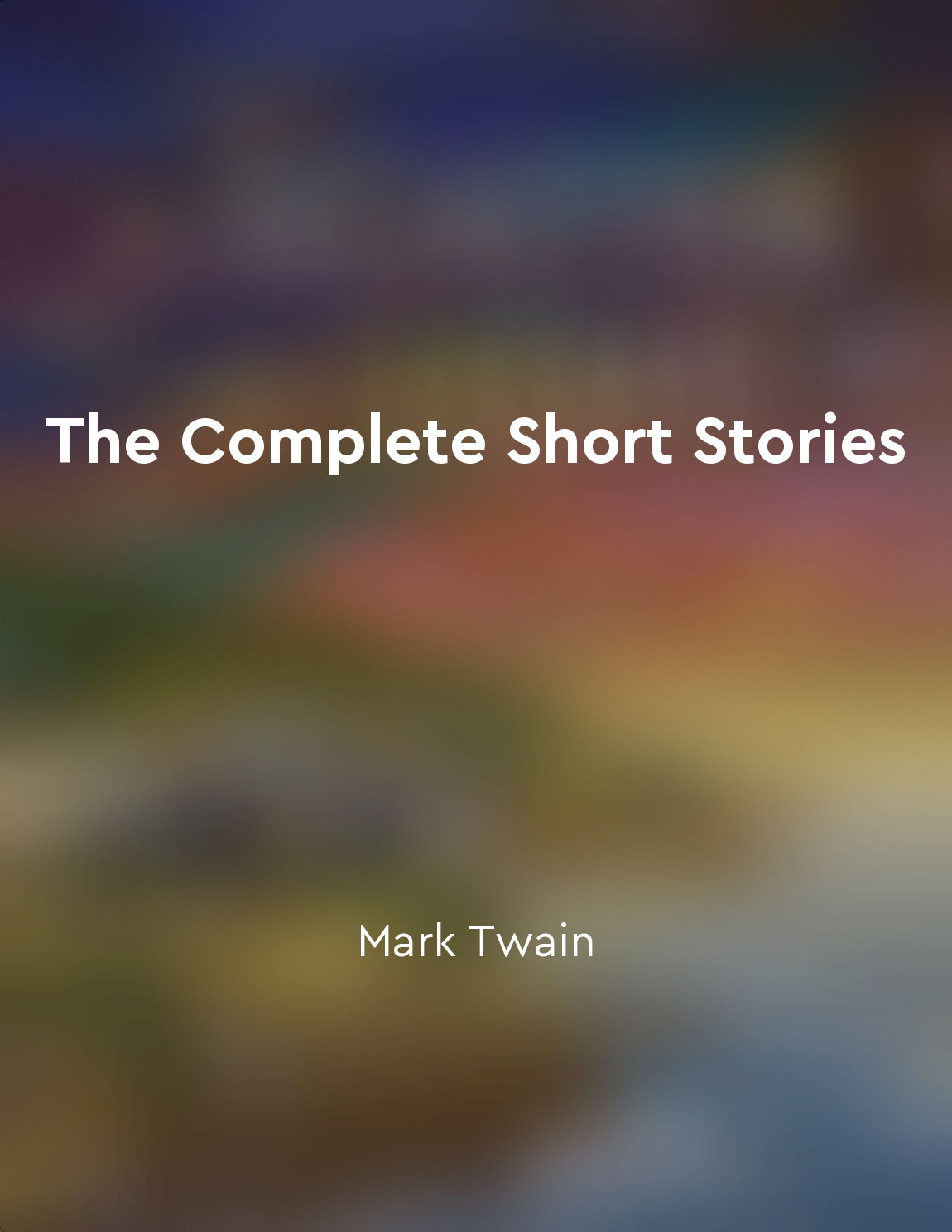His perspective on society changes from "summary" of Gulliver's Travels by BPI
As Gulliver embarks on his various travels to different lands, he encounters societies that are vastly different from his own. In Lilliput, Gulliver is confronted with a society where people are only six inches tall, leading him to reflect on the relative nature of power and authority. This experience challenges his preconceived notions of what constitutes a "normal" society, prompting him to question the arbitrary rules and customs that govern human behavior. Similarly, in Brobdingnag, Gulliver finds himself in a land where the inhabitants are giants, causing him to reassess his own place in the world. Surrounded by beings of immense size and strength, Gulliver is forced to confront his own insignificance and vulnerability. This serves as a humbling experience for him, leading him to reconsider his previous beliefs about his own importance in the grand scheme of things. In Laputa, Gulliver encounters a society that is highly intellectual but completely detached from the practical realities of life. The inhabitants of Laputa are so consumed by their own abstract theories and ideas that they have lost touch with the world around them. This experience causes Gulliver to reflect on the dangers of excessive intellectualism and the importance of maintaining a balance between theory and practice in society. Finally, in the land of the Houyhnhnms, Gulliver encounters a society of rational and virtuous horses who live in harmony with nature. This stark contrast to the corrupt and irrational behavior of humans prompts Gulliver to question the very foundations of human society. He begins to see the flaws and shortcomings of his own kind, ultimately leading him to reject humanity altogether in favor of the Houyhnhnms' way of life. Through his travels to these different lands, Gulliver's perspective on society undergoes a profound transformation. He is forced to confront the limitations and follies of human civilization, leading him to reevaluate his own beliefs and values. In the end, Gulliver comes to see society in a new light, recognizing the flaws and injustices that pervade human interaction. This newfound understanding shapes his worldview and prompts him to question the fundamental assumptions that underpin society as he knows it.Similar Posts
Inner peace contributes to harmony in a relationship
In a relationship, inner peace plays a crucial role in maintaining harmony between two individuals. When both partners are at p...
Huck embraces his independence
Huck ain't one to be tied down by nobody. He likes to do things his own way, without nobody tellin' him what to do. He's always...
Imagination unlocks limitless possibilities
In the world of Fairy Tale, imagination is a powerful tool that holds the key to boundless opportunities and endless adventures...
Perception versus reality
In the bustling city of London, two boys who looked remarkably alike encountered each other by chance. One was Edward Tudor, Pr...
True identities revealed
In a twist of fate, the Prince and the Pauper find themselves trading places, with the pauper assuming the identity of royalty,...

Childhood adventures shape adult character
In the vast tapestry of life, our childhood adventures are the threads that weave together to form the fabric of our adult char...
Pip struggles to find his true identity
Throughout the story, Pip grapples with the challenge of understanding who he truly is. His journey of self-discovery is marked...
Pip experiences the highs and lows of fortune
Throughout the narrative, Pip is shown to undergo a series of fluctuations in his circumstances, experiencing both moments of s...
Introspective thoughts on selfidentity
The poems in this collection delve deep into the complexities of self-identity, exploring the various layers that make up a per...
